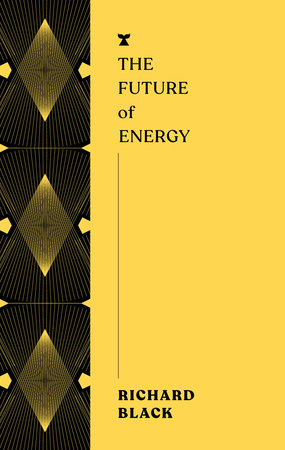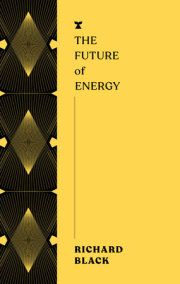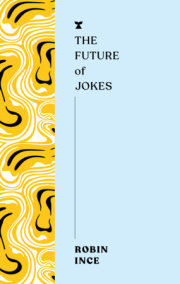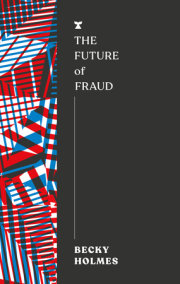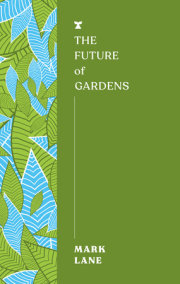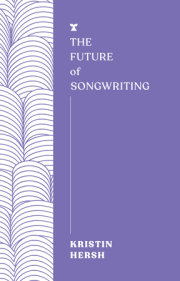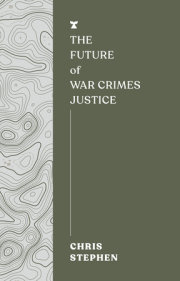‘For a fluent and fast-paced explanation of the clean energy future that’s within our grasp, look no further. Richard Black presents the main keys in a simple and accessible language and analyses the opportunities of an energy system transformation that is already unstoppable.' - David Shukman, former BBC Science Editor and Visiting Professor in Practice, Grantham Research Institute on Climate Change and the Environment, London School of Economics
‘An articulate mapping of the energy transition that we are witnessing and need to turbocharge up to exponential rates, and why this is entirely possible.' - Christiana Figueres, co-author of The Future We Choose: Surviving the Climate Crisis
'The Future of Energy is a masterful lesson on the present, past, and future state of the global energy landscape. Richard Black presents the main keys in a simple and accessible language and analyses the opportunities of an energy system transformation that is already unstoppable.' - Teresa Ribera, Third Deputy Prime Minister of Spain and Minister for the Ecological Transition
An essential guide to the defining revolution of our time as we progress from the fossil-fuel-dominated era. With his engaging, personable style, Black debunks myths and tropes about renewables, and charts a simple clear path forward – including practical policy recommendations that governments would do well to heed.' Gaia Vince, author of Nomad Century: How to Survive the Climate Upheaval
‘There's trillions of dollars to be made building the future energy system. Richard Black does a remarkable job bringing clarity to many divisive debates, laying out plainly what's worth backing and what's worth ignoring.' Akshat Rathi, author of Climate Capitalism: Winning the Global Race to Zero Emissions
‘A tour de force replete with reasons to be optimistic about the potential to cut emissions by providing energy from clean sources and using it more intelligently – improving energy security and creating economic opportunity along the way. This is balanced by a wonderfully witty account of the reasons to be worried that this might not happen… Every aspiring policymaker should read this book.’ Professor Rob Gross, Director, UK Energy Research Centre
‘Many of the conflict flashpoints around the world today, in the Middle East and elsewhere, can be traced back to our insatiable thirst for oil and gas. Richard Black does an excellent job of laying out this unfortunate history and makes a convincing case that a world running on clean energy is likely to be a more peaceful world.’ Brigadier General Stephen Cheney, US Marine Corps (Ret), President Emeritus of the American Security Project
‘Richard Black does an excellent job of capturing the moment we are in, why this is happening and what it means, and showing that a virtually fossil fuel-free world, with its myriad advantages, is ours for the taking.’ Professor Daniel Kammen, University of California at Berkeley, former Science Envoy, US Department of State
‘Richard paints a picture of an energy future that is not only exciting, but one that is now inevitable. In this pithy, entertaining and informative book, Richard explains the main technologies that will get us there and dispels the myths propagated by those who want to hold back progress.’ Simon Holmes à Court, Convenor of Climate 200, author of The Big Teal

